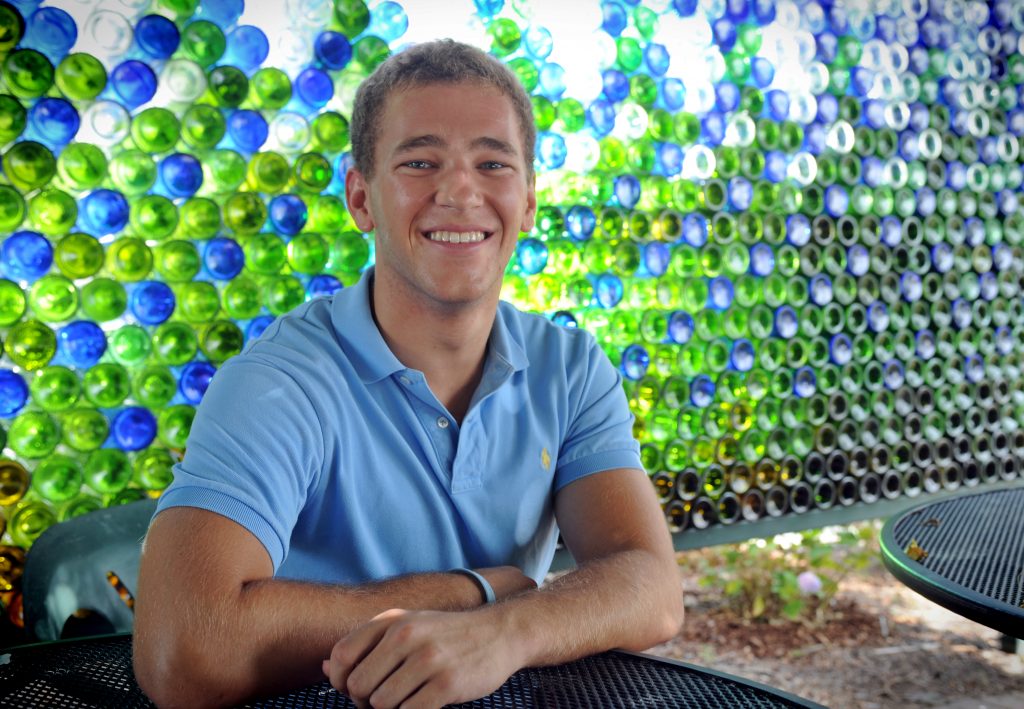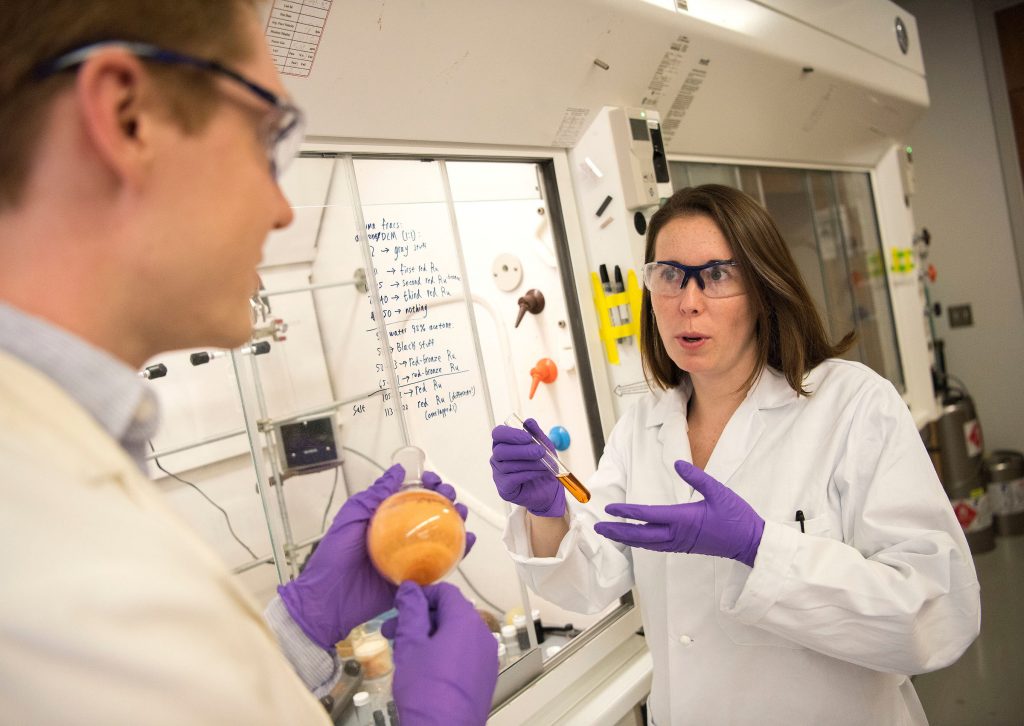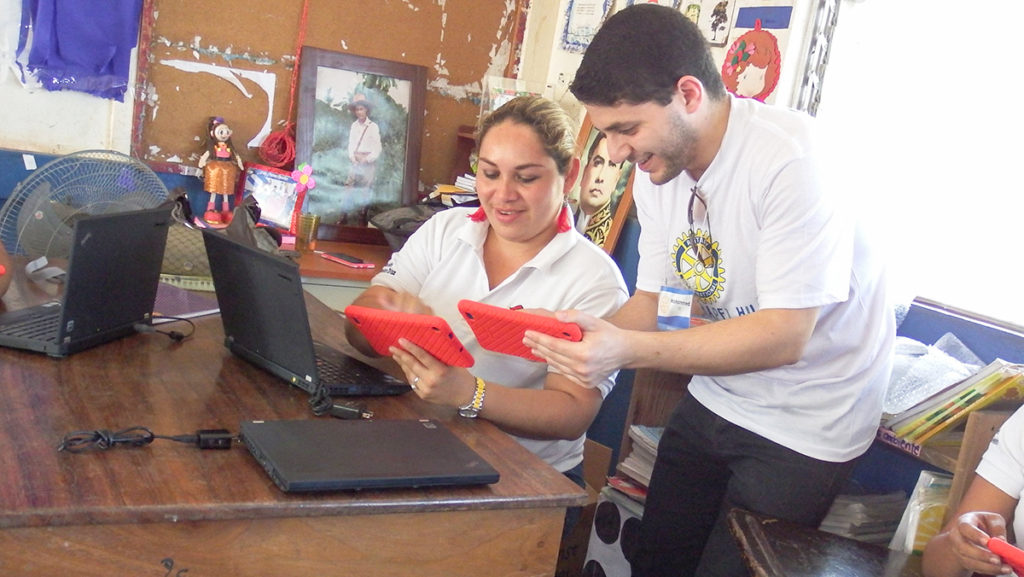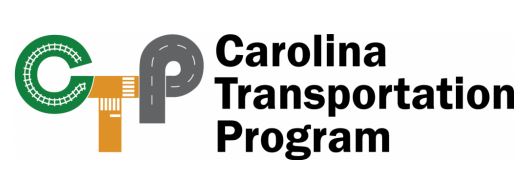 Noreen McDonald, professor and chair of the department of city and regional planning at The University of North Carolina at Chapel Hill, sat down with CURS to talk about her work as the director of the Carolina Transportation Program (CTP). CTP is a collaborative effort by UNC-Chapel Hill’s College of Arts and Sciences, the Vice Chancellor for Research and Economic Development, the department of city and regional planning and the Center for Urban and Regional Studies (CURS).
Noreen McDonald, professor and chair of the department of city and regional planning at The University of North Carolina at Chapel Hill, sat down with CURS to talk about her work as the director of the Carolina Transportation Program (CTP). CTP is a collaborative effort by UNC-Chapel Hill’s College of Arts and Sciences, the Vice Chancellor for Research and Economic Development, the department of city and regional planning and the Center for Urban and Regional Studies (CURS).
Tell us about the Carolina Transportation Program.
The Carolina Transportation Program brings together researchers from across campus who are interested in transportation. They might have a primary interest in air quality modeling or in dialysis treatment or maternal and fetal health – many different areas – but their work touches on transportation in some way. We provide a way for them to come together to learn about other transportation research happening on campus and connect them with students who have interest in working on those projects.
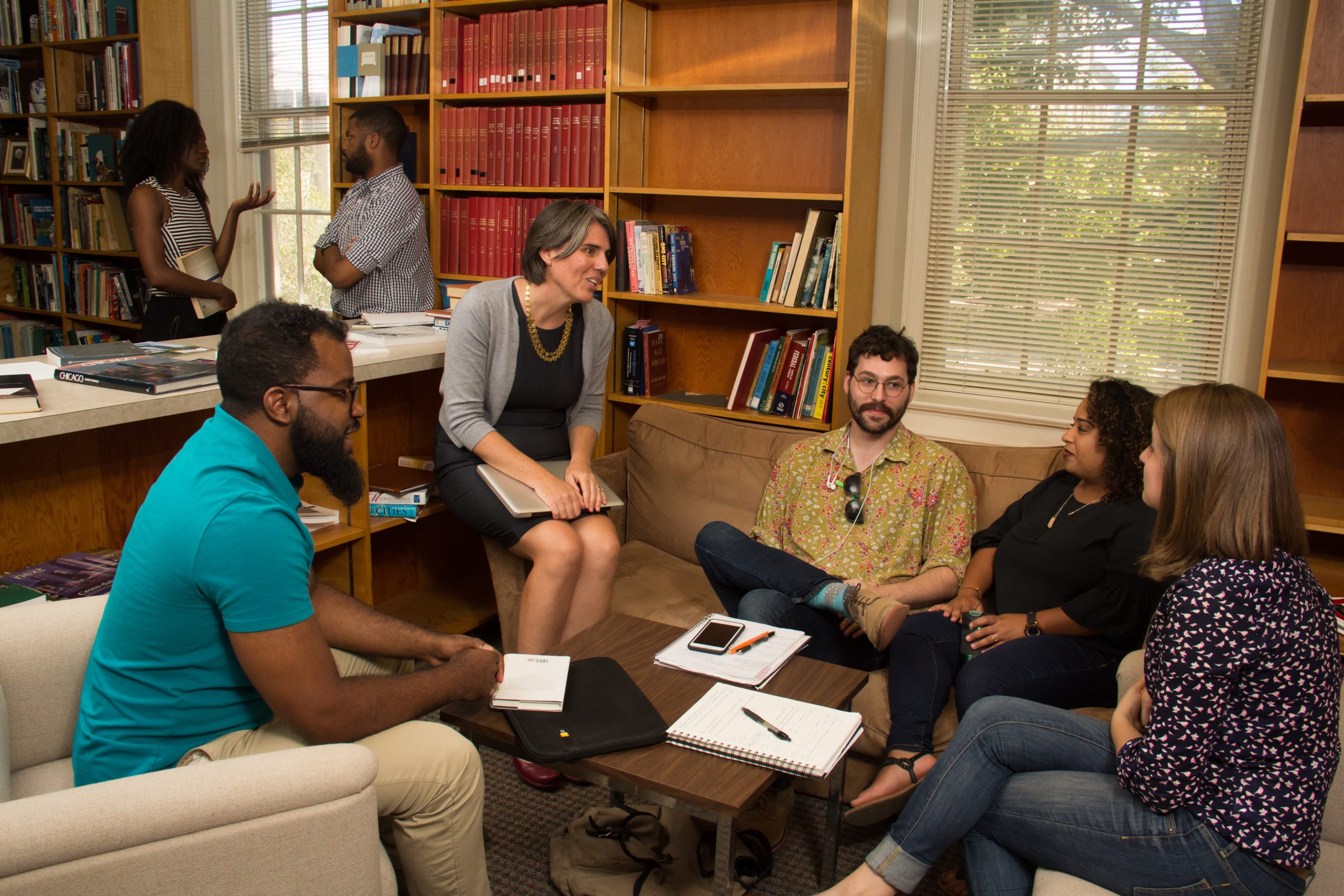
How do students get involved in the Carolina Transportation Program?
Students get involved in two big ways. One is by working on the research projects. They have to learn how to do research soup-to-nuts. Reviewing the literature, determining what are the big questions, then helping collect the data, analyzing the data and ultimately writing up the journal articles. We work with students at all levels from undergraduate through doctoral. We try to bring students into the community of transportation researchers by providing speaking opportunities at our talks. We also have social events where we’ll come together for a bike ride or for a barbecue to build those bridges.
Who are some of your funders for this research?
Most of our funding comes through the US Department of Transportation (USDOT) through their University Transportation Center Program. Working with USDOT is a really great way to provide support for faculty members and students, and to enable the next generation of practitioners to work there. CTP research is very collaborative—we work with people across UNC’s campus and with people at many other universities, particularly in the southeast, like the University of Florida, Georgia Tech and North Carolina State. Collaborative projects allow UNC students to meet faculty and students from other institutions. We also have research projects with, and receive project funding from, other groups such as the Environmental Protection Agency, the Robert Wood Johnson Foundation and the North Carolina Department of Transportation.
What types of projects has this funding supported?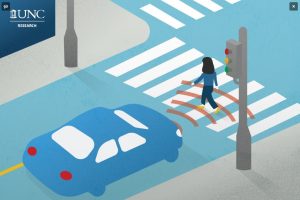
We work in a bunch of areas because the work of CTP is really driven by faculty interests. A big research theme is around planning and public health. We have people looking at active travel – walking and biking – and how that can increase physical activity and improve health. We’re also looking at access to health care – how people actually get to their medical appointments. We have researchers looking at the future of mobility. Technology is changing how people and goods move now and for the foreseeable future, so we have projects thinking about what that means for shifting travel patterns responding to technology. We also have people looking at the environmental implications of transportation – being concerned about the air pollution that children might be exposed to on their walks to school, or exposure in all of our communities. CTP has a lot of different research that touches many areas.

